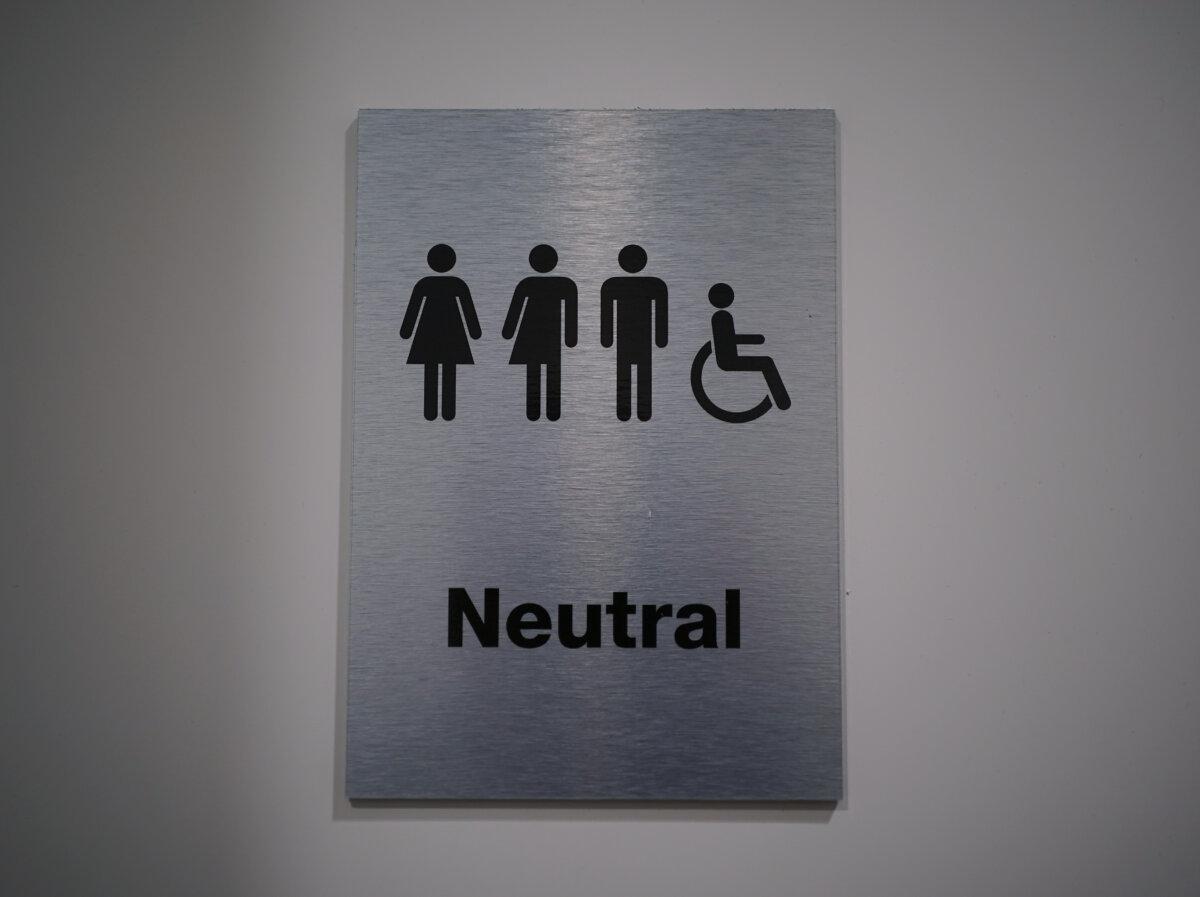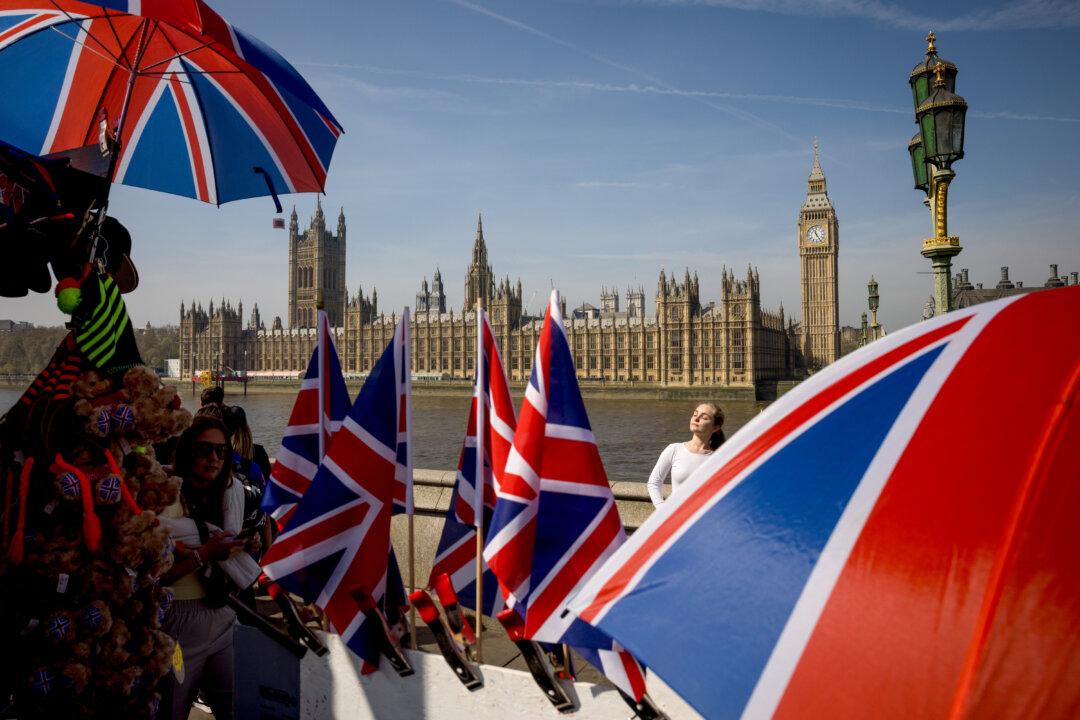The House of Commons has confirmed it will wait for full guidance from the Equality and Human Rights Commission (EHRC) before deciding whether men who identify as women will be allowed to use female lavatories on the parliamentary estate.
This decision comes after a landmark Supreme Court ruling in April clarified that the protected characteristic of “sex” under the Equality Act 2010 refers specifically to biological sex, not gender identity.
The ruling, which was welcomed by the government, permits organisations to restrict access to single-sex facilities—such as toilets and changing rooms—if doing so is a proportionate means of achieving a legitimate aim.
In response, many workplaces and institutions have updated their policies, requiring staff to use facilities that match their birth sex. The House of Commons has opted for a more cautious approach.
A spokesperson told The Epoch Times that the House is reviewing available facilities and offering support to staff, but will hold off on making changes until further guidance is issued.
“Like many organisations, we are awaiting full guidance from the EHRC on this issue. However, in advance of that, we are reviewing the facilities that are available on the estate and providing support to colleagues where needed. We are committed to treating all those who work in or visit Parliament with respect, and in an inclusive manner.”
EHRC Interim Guidance
On April 25, the EHRC released interim guidance to clarify the legal expectations following the Supreme Court decision. It states that workplaces must provide sufficient single-sex toilets and changing facilities where needed. Public services are not required to offer single-sex facilities, but may do so if the approach is fair, justified, and meets legal standards.The EHRC also noted that offering only mixed-sex facilities could amount to indirect discrimination against women, depending on the context. It explained that while trans individuals may, in some cases, be excluded from facilities for both sexes, they must never be left without access to appropriate alternatives.
New Code of Practice and Consultation
A more detailed version of the EHRC guidance is expected following the conclusion of a public consultation, which opened on Tuesday and will run until June 30.The new guidance is intended to help organisations understand when it is lawful to offer single-sex or mixed-sex services, and how to do so in a way that balances rights fairly.
However, the short consultation period has drawn criticism. LGBT advocacy group Stonewall said the timeline is too tight to allow a meaningful and lawful response.
“It will not allow people – including businesses, service providers, charities and individuals – to understand its potentially wide-ranging implications and provide a meaningful response,” the group said in a statement. “It could be argued it is neither a meaningful nor lawful time frame.”

Public Response
The debate over access to toilets and other single-sex spaces continues across the UK. According to a recent YouGov poll, the Supreme Court’s ruling is expected to have a wider impact in certain areas of daily life.While most people (77 percent) believe the ruling will not affect them personally, nearly a quarter said it would, with slightly more women than men expecting to feel the effects.
In the workplace, 26 percent of those surveyed predicted a positive impact, while 20 percent expected a negative one. Expectations were even higher in sport and leisure, where 41 percent foresaw a positive impact from the ruling and 24 percent a negative one.







